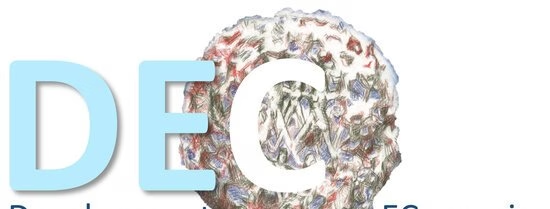We carry out research along four research lines
The aim of this research line is to empirically establish the microeconomic effects of macroeconomic policies and developments.
We analyse
(a) The interaction between the institutional, social, cultural and economic environment in which firms, households and individuals operate, and their consumption decisions and investments in human and physical capital. This also includes the role of perceptual factors which may affect household economic decision-making, investment and risk taking, such as the fear of future violence and economic disruptions.
An important element is identifying the effect of government and NGO interventions at the individual and household level. Research in this area blends theoretical models and micro econometric analyses.
(b) The design, implementation and the effects of domestic and international macroeconomic, financial and trade policies on economic development and inequality. Relatedly this line deals with the impact of exogenous shocks, such as the impact of (civil) war or the financial crisis.
Work in this area is characterized by a desire to empirically establish the microeconomic effects of macroeconomic policies and developments. Of particular interest are the conditions for and impact of graduation from LDC to middle income status.
This research line focuses on trade and investment to and from developing countries and emerging markets.
Our work focuses on trade and investment to and from developing countries and emerging markets and investigates the recent and imminent shifts in global patterns of production, trade and capital flows.
Increasingly research in this area involves micro data analysis to understand the world trade collapse, the risks of deglobalization, the crisis and its impact on developing countries. We also examine prospects for Southern engines of growth for the global South and the impact of socio-cultural factors such as exclusion and discrimination on trade and investment.
In this research line we target the micro economic analysis of conflict and the determinants of successes and failures of economic sanctions.
Micro economic level
Research in this area targets the micro economic analysis of conflict especially in the presence of abundant natural resources and the effectiveness of positive and negative economic (trade) sanctions.
It also explores interactions between the framing of environmental and natural resource extraction policies, rent-seeking and corruption and deals with institutions (autocracy versus democracy) and new forms of conflict and cooperation such as mass protest, sectarian violence, civilizational conflict, diplomacy by NGOs (including businesses) and regional economic integration in Africa.
Macro economic level
At the macro level the research targets the determinants of successes and failures of economic sanctions, shifts in geoeconomic and geopolitical gravity and their impact on economic governance and the conflict mitigating effects of trade and fiscal decentralization.
It looks at what specific types of natural resource abundance and trade dependence retards growth and examines applications of the Liberal Peace; that is the idea that commerce and common polity lower the frequency of conflict.
We study the complex relationship between health and economic development at the household and individual level.
We work on topics ranging from the economics of nutrition, health inequalities, risky behaviour to health financing.
We design and run rigorous impact evaluations of development interventions and health policies, as well as behavioural experiments. Recent examples include impact evaluations of Community Based Health Insurance schemes, nutrition policies and mobile health interventions.
Development Economics staff is involved in original data collection efforts and field experiments across the Global South in countries such as Ethiopia, Burkina Faso, Vietnam, Indonesia, India. We are passionate about economic research of societal relevance. We regularly advise and receive funding from partners such as the WHO, World Bank, 3ie or the Bill and Melinda Gates Foundation.
Our research group is also a founding member of the Rotterdam Global Health Initiative, a multi-disciplinary global health research and education network of Erasmus University Rotterdam and Erasmus MC.
